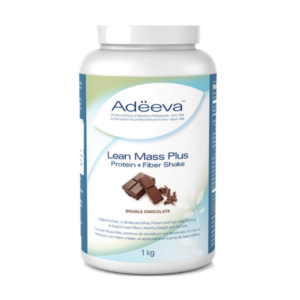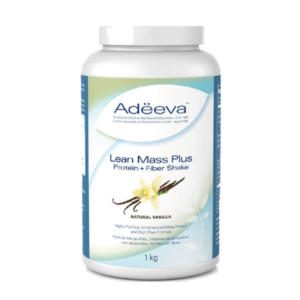
Reversing Age-Related Muscle Loss: The Power of Strength Training
Source: J Cell Physiology (2022)
Lifestyle Medicine Update (April 25, 2023)
Understanding Age-Related Muscle Loss
As individuals age, declining hormone levels contribute to the loss of muscle mass and strength, leading to weakness and frailty. This decline increases the risk of falls, fractures, and loss of independent living. Research indicates that muscle mass begins to decrease around age 35, accelerating after reaching 60 years of age, with a potential annual loss of up to 3%.
Strength Training: A Solution for Aging Muscles
Strength training, often associated with younger individuals, offers significant benefits even for people over 60 or 65. A remarkable study published in the journal Cell Physiology in 2022 demonstrated substantial improvements in muscle mass, strength, and connective tissues among older participants (average age 72) after just an 8-week strength training program. Notably, individuals aged 86-90 experienced remarkable strength gains of 174% and increased thigh quadricep muscle mass by 9%.
Overcoming Resistance: Addressing Barriers to Strength Training
Despite its benefits, only 9% of individuals over 75 engage in regular strength training. However, a 2019 study suggests that as little as one hour of strength training per week can enhance walking speed, leg strength, and the ability to stand up from a chair. The recommended approach involves performing one to three sets of eight to 15 repetitions per exercise, focusing on multi-joint movements like squats, overhead press, chest press, rowing, and lat pulldowns.
Practical Tips for Success
For those new to strength training, seeking guidance from a personal trainer or fitness professional to develop a simple 30-minute program is advisable. Consistency is key, with at least two sessions per week recommended to see noticeable improvements in muscle strength and functionality.
Enhancing Results with Whey Protein
Supplementing with whey protein, coupled with strength training, can expedite and enhance results. Whey protein contains essential amino acids crucial for building muscle and connective tissue, aiding in muscle recovery and repair, particularly in seniors.
Embracing Strength Training for All Ages
Strength training, along with whey protein supplementation, is essential for maintaining a healthy lifestyle at any age. Encouraging both young and older individuals to embrace strength training can significantly contribute to preserving independence, functionality, and overall well-being.
References:
- Soendenbroe C et al. “Human skeletal muscle acetylcholine receptor gene expression in elderly males performing heavy resistance training.” Cell Physiology. 2022; 323,1. [Link](https://journals.physiology.org/doi/full/10.1152/ajpcell.00365.2021)
- “How Old is too Old to Start Strength Training?” Medscape. April 24, 2023. [Link](https://www.medscape.com/viewarticle/990794?ecd=wnl_tp10_daily_230421_MSCPEDIT_etid5360138&uac=342474MN&impID=5360138)
- Oikawa SY, et al. “A randomized controlled trial of the impact of protein supplementation on leg lean mass and integrated muscle protein synthesis during inactivity and energy restriction in older persons.” The American Journal of Clinical Nutrition, 2018. [Link](https://www.sciencedirect.com/science/article/pii/S0002916522030246?via%3Dihub)
Dr. Meschino
Recommended Supplements

Dr. James Meschino
ABOUT THE AUTHOR
Dr. James Meschino, DC, MS, ROHP, is an educator, author, and researcher having lectured to thousands of healthcare professionals across North America. He holds a Master’s Degree in Science with specialties in human nutrition and biology and is recognized as an expert in the field of nutrition, anti-aging, fitness, and wellness as well as the author of numerous books.




